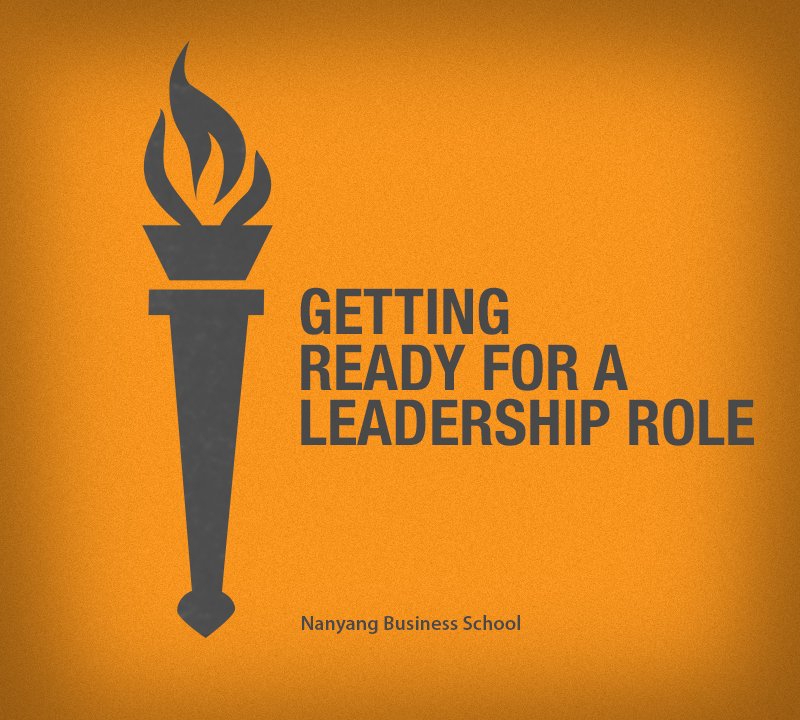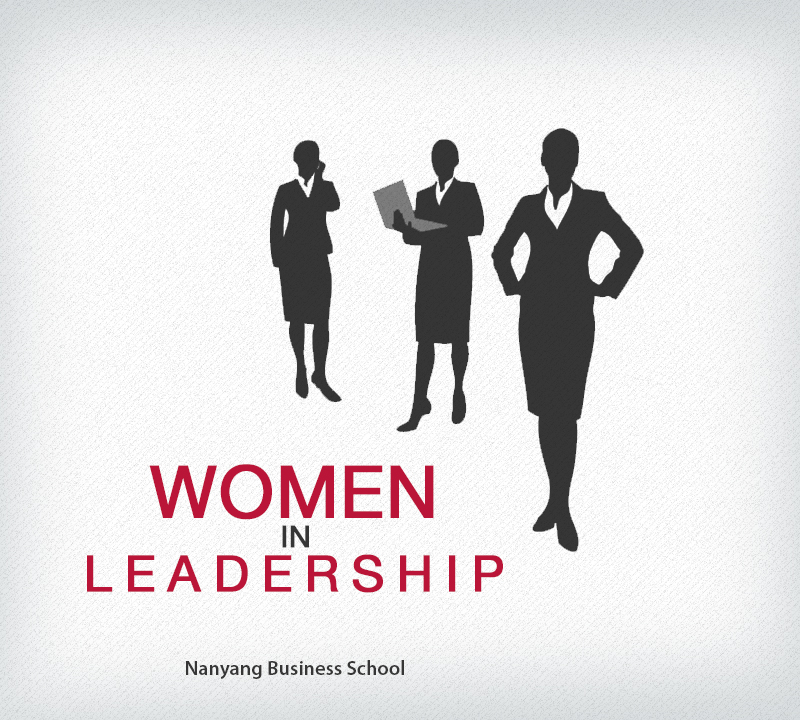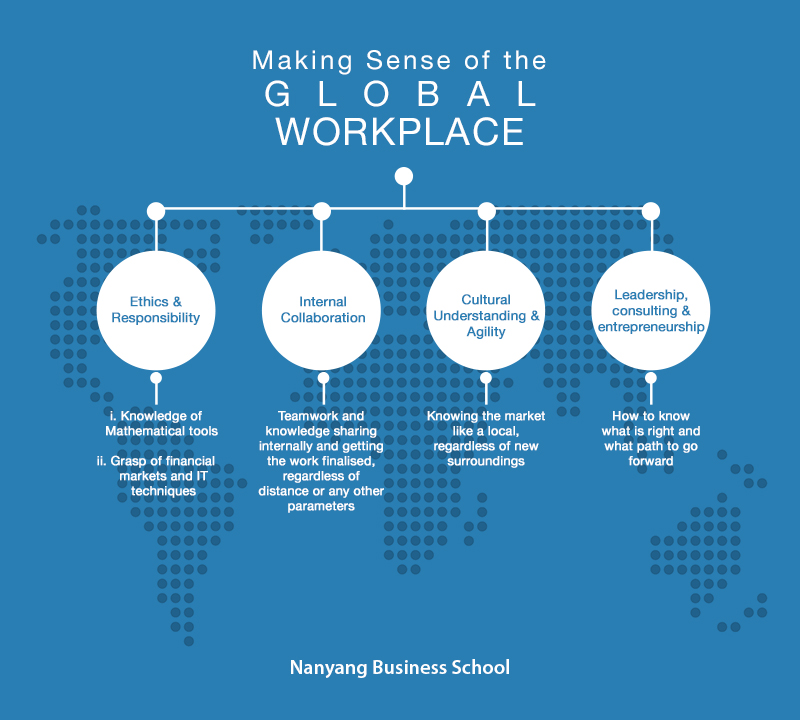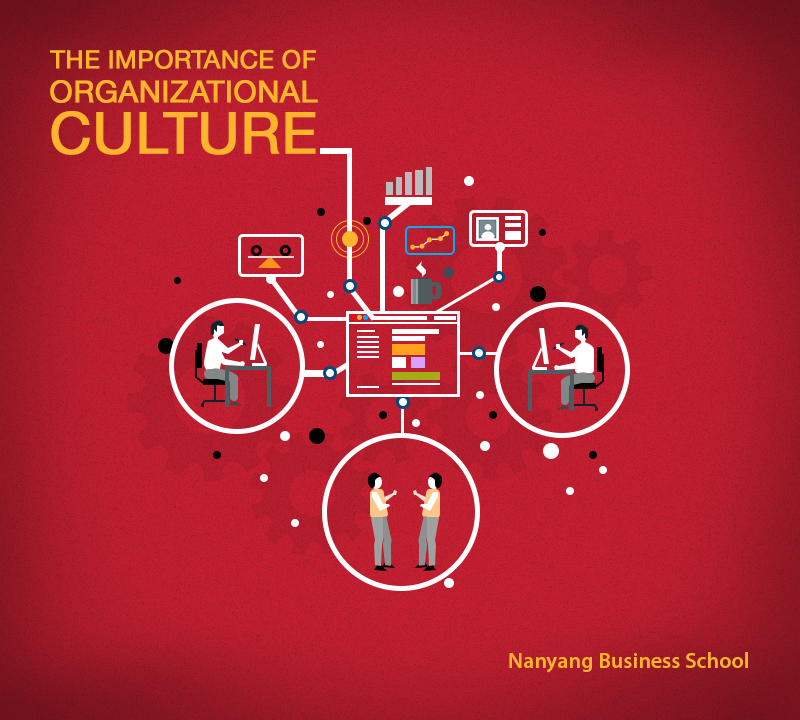
Getting Ready for a Leadership Role
Graduate Studies Blog

You’ve been there, done that. And now you’re ready to transition into a new role where you’re going to create an even bigger and a better impact. Prep to move up to the C-level and be one of those leaders that you’ve always admired. Are you ready to support your company’s business strategies? Great. But there’s more to the job; a good leader has to offer his/her own insights and contribute in key decision-making. You already know the company’s vision – but what about your vision as a leader? Managing people may come easily to you, but do you know if you can lead them too?
Here are a few things to keep in mind when you are eyeing that new title.
Personalise Your Role
Your key to success lies in understanding your company’s vision and values. It is in your hands to make them meaningful on a personal level because the leader is a role model for many. Don’t tie yourself down with ideas about how managers at your level should behave. Focus on maintaining a dedicated work ethic that lets you be true to yourself. Stick to a clear-cut plan and set goals, motivating your team to set their goals too along the way.
Communicate Effectively
Always show people the big picture. Never assume that your team members know what that picture exactly is. Instead, update them on a regular basis so that they are informed of the goals and changes. Take care of your team. Don’t forget to say thank you and praise in front of others. Playing the blame game is a strict no-no. A leader is responsible for team results. Take ownership of both the positives and negatives.
Make Informed Decisions
Today’s business globe is witnessing innovation every day, so a good leader needs to know how to adapt and be well informed at all times. Evaluate situations with the help of multiple resources because a single perspective just won’t do. And then arrive at a decision. A diversity of views shouldn’t confuse you. Just keep an open mind and listen. Learn to leverage your ideas by taking in inputs from your team members. The exchange of new ideas and feedback can lead to great results. Blocking out everybody else would be a mistake.
Be Tech Savvy
An effective leader understands how IT and business strategy, risk management and finance work together. And as you move up the corporate ladder, you’ll need to upgrade your technical knowhow, because a leader’s job involves understanding how the use of technology affects the organisation. More importantly, you’ll need to know how to exploit this technology in your industry.
Tackle Change
Change management is a relatively new area. Businesses are on the search for change drivers who can lead a transformation. It isn’t about leading change throughout the organisation as much as it is about being at ease in a state of constant fluctuation. That basically means that a leader has to keep continuous improvement on his agenda – such as building better processes and increasing the market share of the company.
The MBA as a Stepping Stone
A top class MBA like the Nanyang Fellows MBA is a stepping-stone to your leadership role. An MBA programme focused on candidates with years of experience will encourage lots of application. It will be a makeover for you. You can experience so much during the programme, in terms of work, culture, networking and a foreign business study mission that will add to your list of leadership abilities.
Are you ready to get ahead? You have to work on yourself but don’t forget the support system you’ll get from your B-school. You’ll be a part of a new, supportive community. A business school is a powerful tool for socialising. So make the most of it!
















You must be logged in to post a comment.